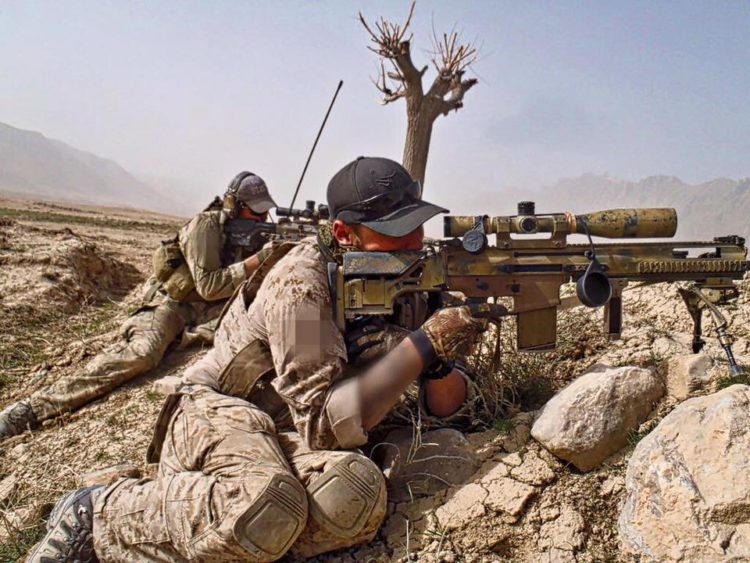The Article 32 hearing of Lt. Jacob Xavier Portier has begun. The Navy SEAL officer faces seven different Uniform Code of Military Justice (USMJ) charges, to include dereliction of duty and conduct unbecoming an officer and a gentleman.
During a 2017 deployment in Iraq, Portier was the SEAL platoon commander of Special Operations Chief Edward “Eddie” Gallagher, who has been accused of murdering a 15-year-old captured ISIS fighter, shooting at unarmed civilians, wrongfully using a dead ISIS fighter to re-enlist, and abusing banned controlled substances.
“This is not a case about any minor misconduct by the enlisted sailors in the platoon or any perceived guilt by association. This is about Chief Gallagher killing civilians indiscriminately and the chain of command that did nothing about it,” said Marine Captain Conor McMahon, the Judge Advocate for the government.
Government prosecutors claim that Portier both knew about Gallagher’s actions and performed the reenlistment ceremony. They also argue that he ordered his platoon to pose for a group photo next to the dead detainee. The prosecutors, however, acknowledge that Portier wasn’t present during the actual killing. But they stressed that he didn’t do anything when he found out.
“It got so bad that by February or March 2018, (the two SEALs) were so frustrated that they went to Lt. Portier and told him if an investigation wasn’t launched, they were going directly to NCIS, the Commodore or Fox News,” added McMahon.
Government prosecutors also accuse Portier of making false statements to his superiors when he was confronted about Gallagher’s alleged war crimes.
According to defence attorney Jeremiah Sullivan, who is representing Portier, not only the SEALs in Portier’s platoon gave conflicting accounts about Gallagher’s actions but they also kept information from him. According to Sullivan, the SEALs got together to “get their stories straight” and that a war crime never came up to Portier’s notice. Sullivan argues that when his client got a full picture of the events, he immediately reported his Chief up to the chain of command. The defence attorney added that the case “it’s not going to go well for the government” and that his client prefers a quick trial to exonerate his name and honour.
McMahon’s conclusion was fierce: “This case is about a Navy lieutenant who didn’t possess the moral courage to do the right thing,” said McMahon, in his closing comments. “Lt. Portier didn’t take out a hunting knife and stab a prisoner in the neck. He didn’t get behind a sniper rifle and shoot at a little girl trying to escape from ISIS and he didn’t shoot an old man taking water jugs to the river. But he knew about it — and he did nothing.”
Lt. Portier graduated from Basic Underwater Demolition/SEAL (BUDs) training in 2010. Throughout his frogman career, he has been assigned to west coast SEAL teams. Currently, he is with SEAL Team 7, based in Coronado, California. He has been awarded the Bronze Star with combat “V” device and the Navy/Marine Corps Commendation Medal.
The Article 32 hearing is a preliminary procedure. Its purpose is for the presiding officers to judge if there is enough evidence for a court-martial.
Already have an account? Sign In
Two ways to continue to read this article.
Subscribe
$1.99
every 4 weeks
- Unlimited access to all articles
- Support independent journalism
- Ad-free reading experience
Subscribe Now
Recurring Monthly. Cancel Anytime.











COMMENTS